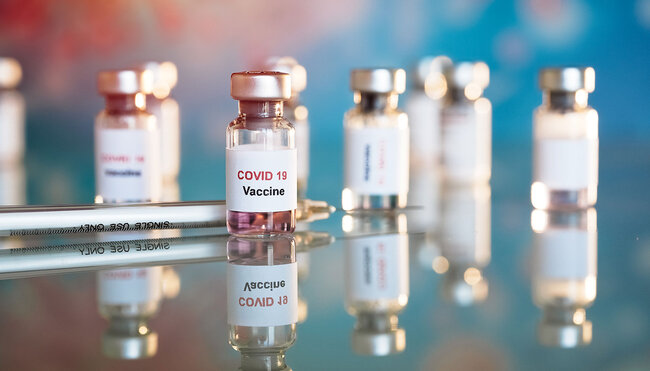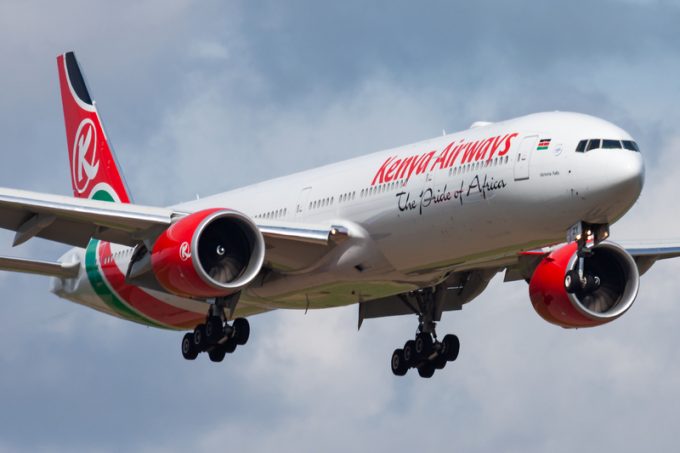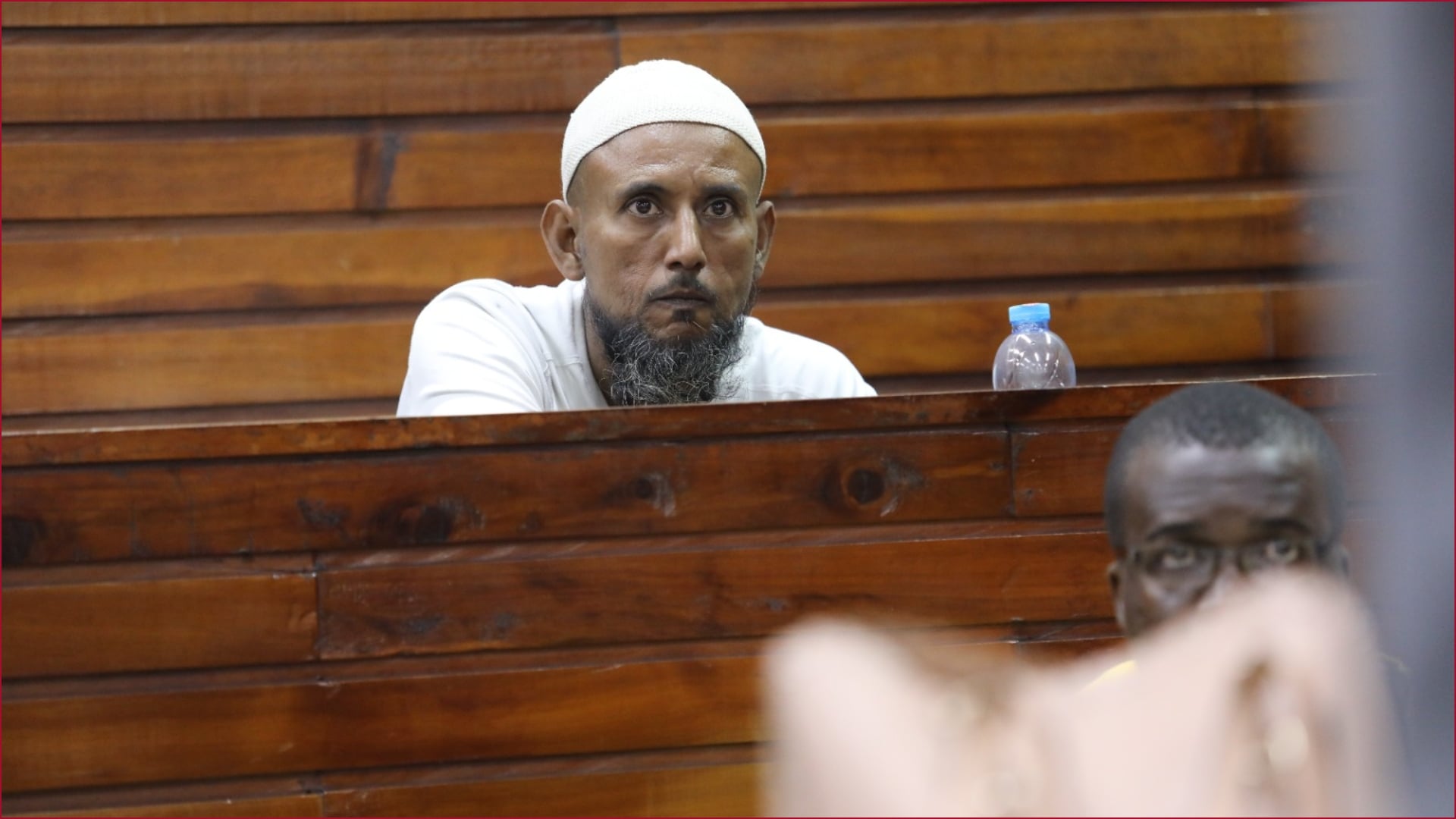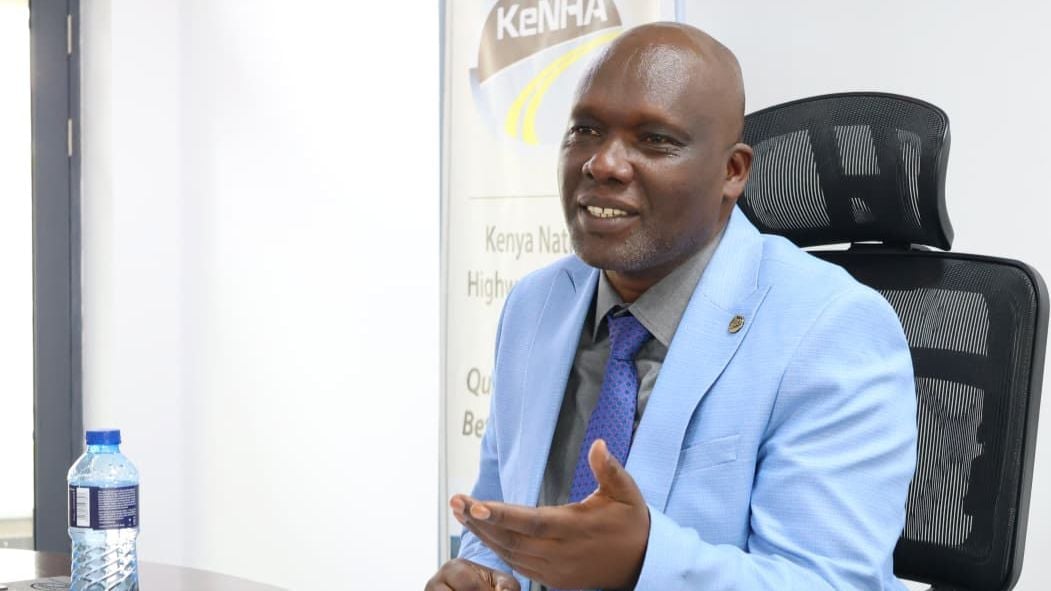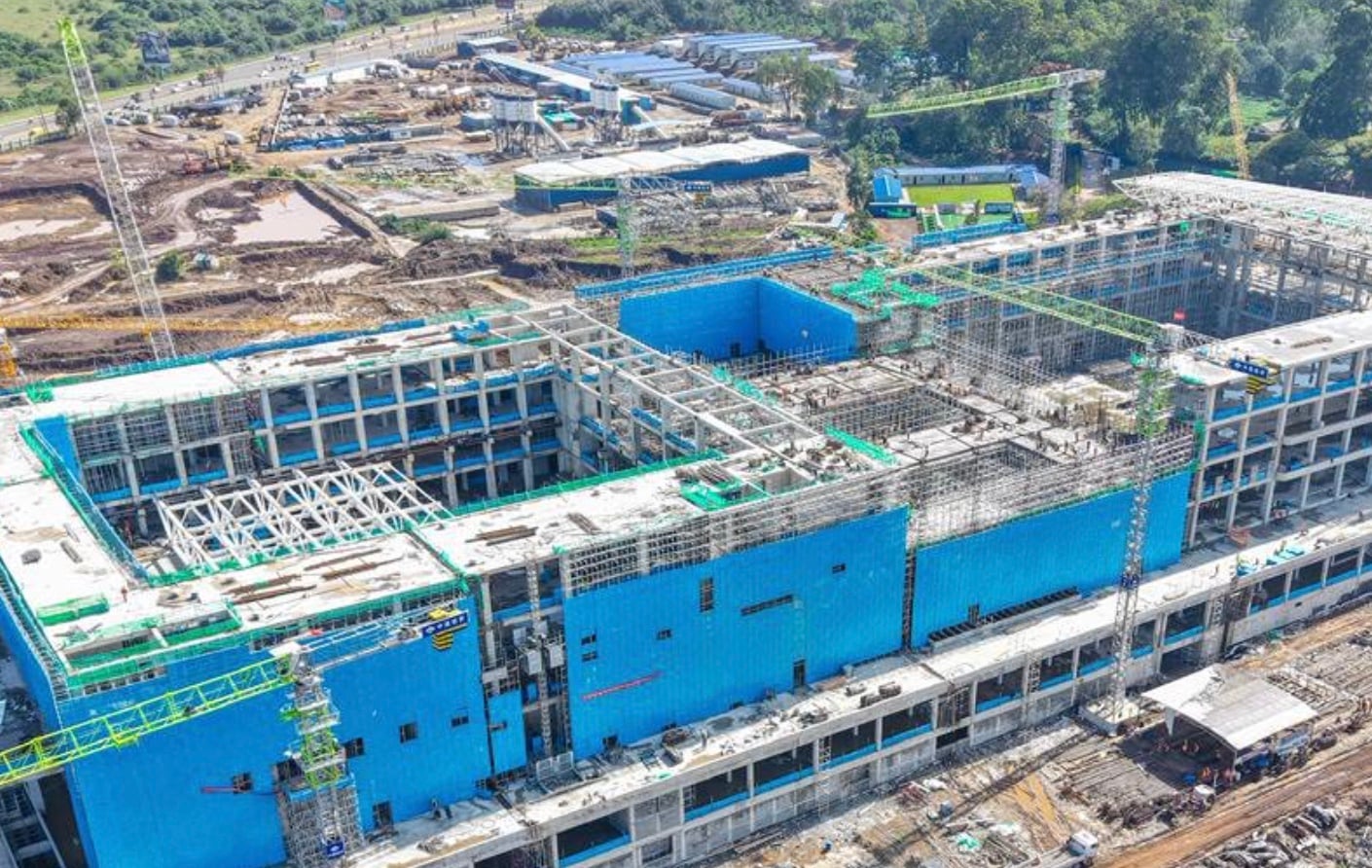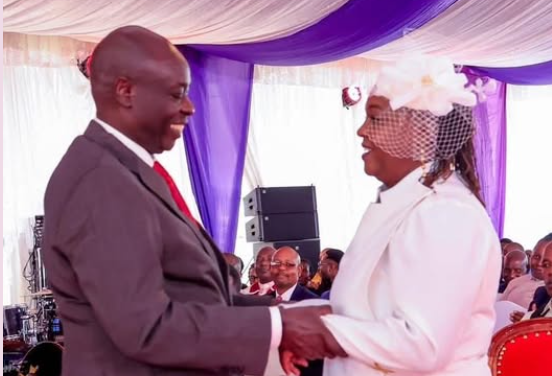The government has rolled out a plan to pay Kenyans who will take the Covid-19 vaccines from March 31st.
In the last plan, Kenyans who will suffer any complications from the vaccine will be in line for monetary compensation.
The compensation will be rolled out in partnership with the World Health Organization.
According to WHO, the vaccines are safe but in the event, Kenyans suffer extreme side effects, they will receive competition from March to June.
“By providing a no-fault lump-sum compensation in full and final settlement of any claims, the Covax programme aims to significantly reduce the need for recourse to the law courts, a potentially lengthy and costly process,” WHO said in a statement.
Read More
WHO directed Kenyans who will be affected to visit www.covaxclaims.com for details on how to make a claim.
“This no-fault compensation mechanism helps to ensure that people in Advance Market Commitment -eligible countries and economies can benefit from the cutting-edge science that has delivered Covid-19 vaccines in record time,” said Dr. Tedros Adhanom Ghebreyesus, WHO director-general.
Kenya is expected to receive the vaccines by the end of this month through Covax.
The country will also pay for premiums through a small levy charged on all doses of vaccines received. Through the scheme, vaccine users receive compensation in case of rare but serious adverse effects without making them prove that the vaccine was the cause of the complication.
Commenting on the rollout, vaccines taskforce head Willis Akhwale notes that Kenyan eligible for the compensation will need to sign and send an indemnity agreement absolving the vaccine manufacturer of any liability.
“We have been having talks with the Ministry of Health, the Treasury, and the Attorney General while engaging the manufacturer. We will submit the agreement so that our orders can be sent here,” said Akhwale.
The country now expects to receive about 4.1 million doses by the end of this week.
